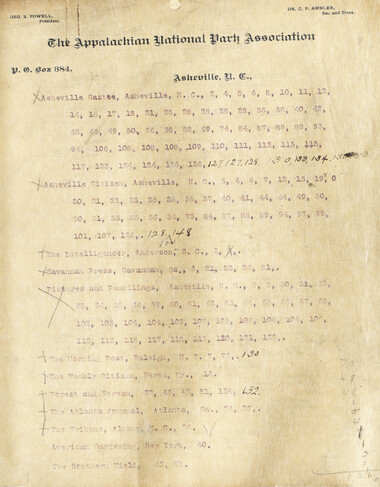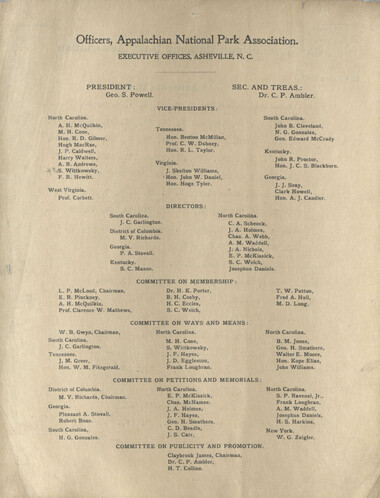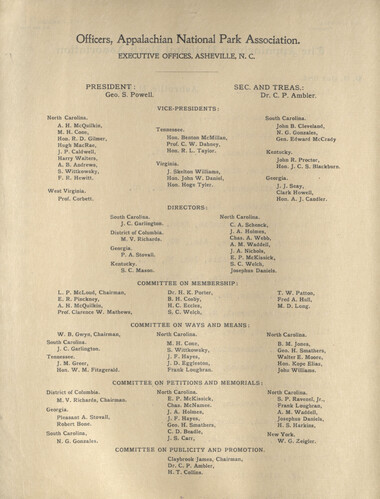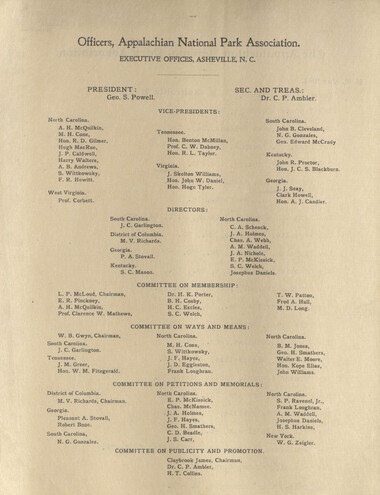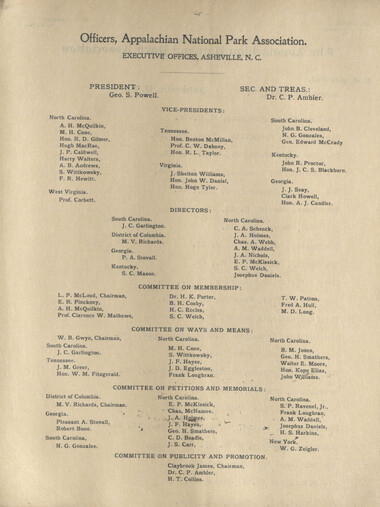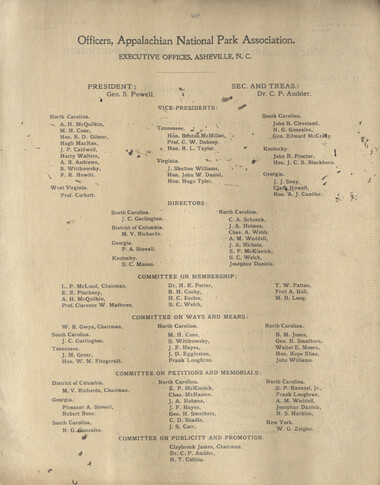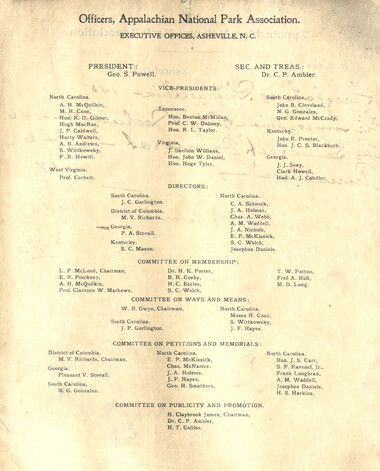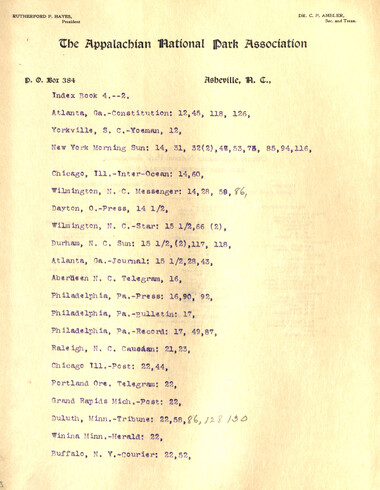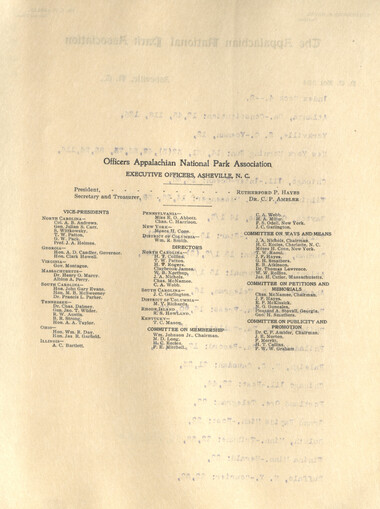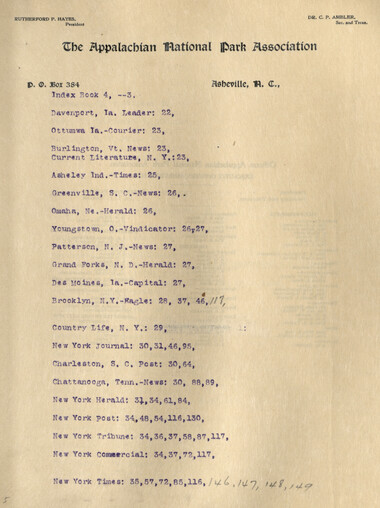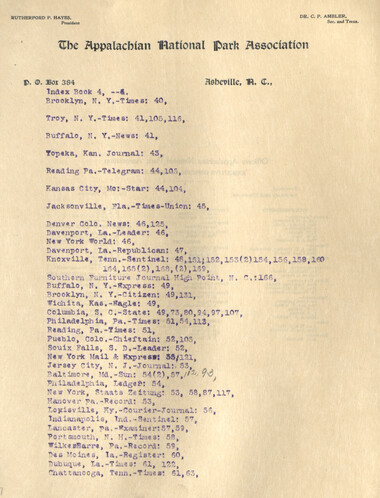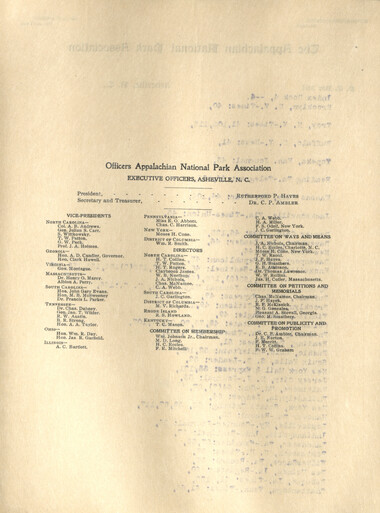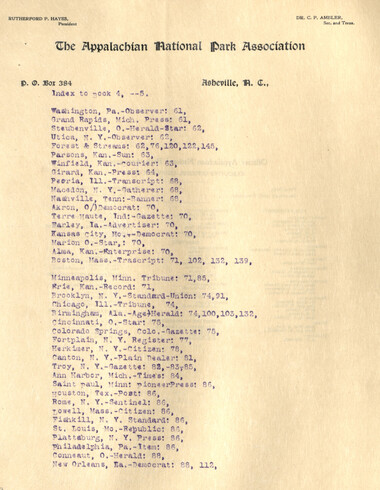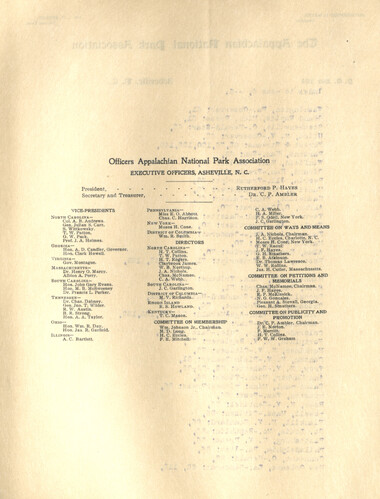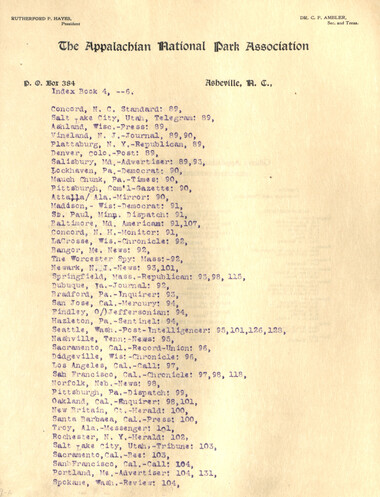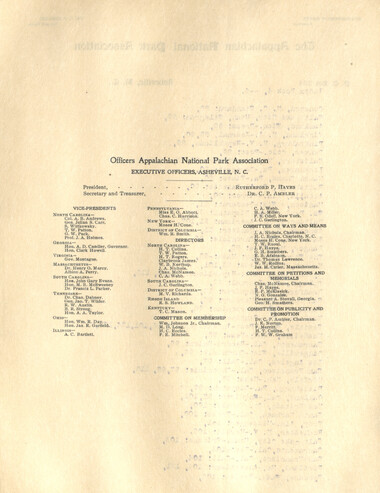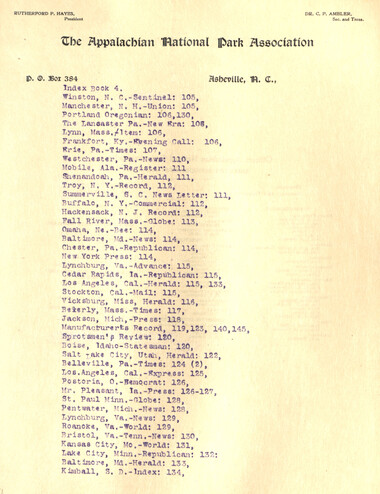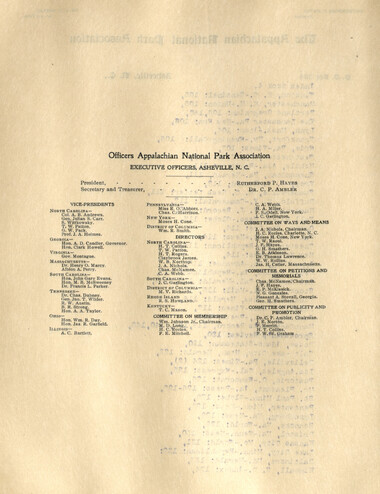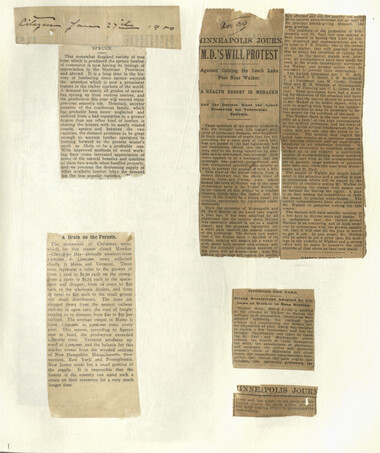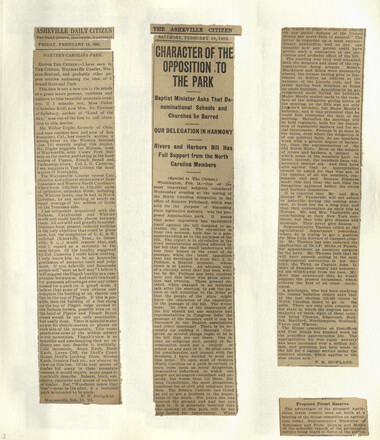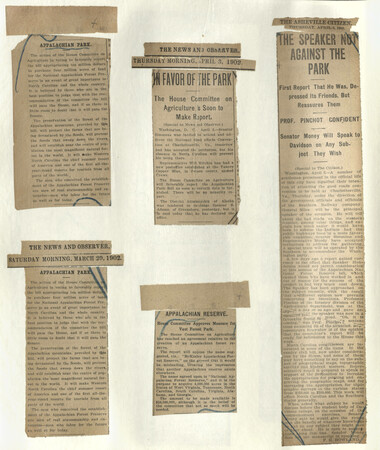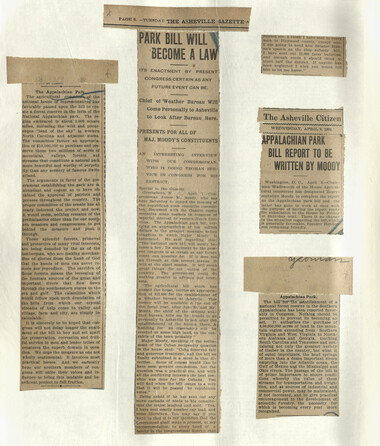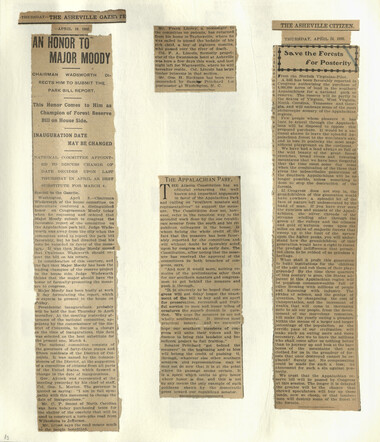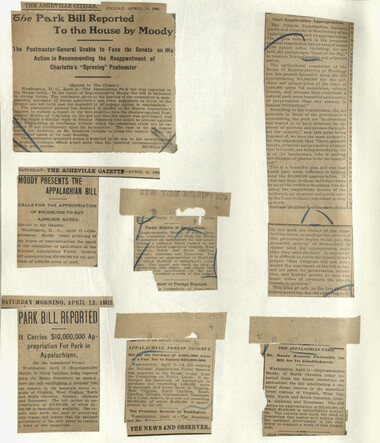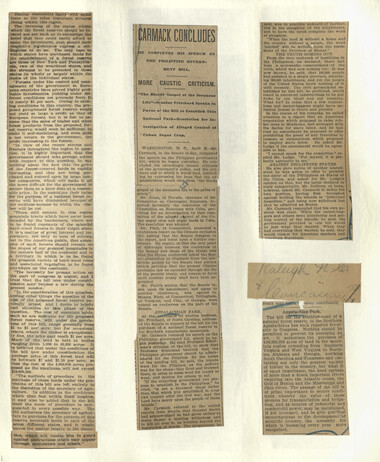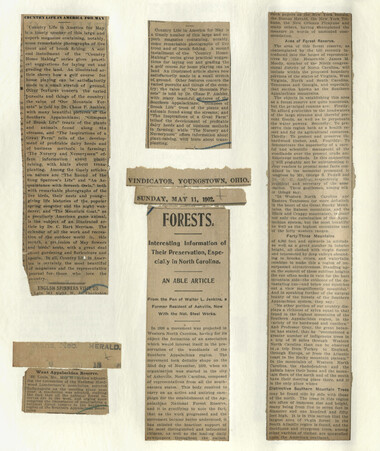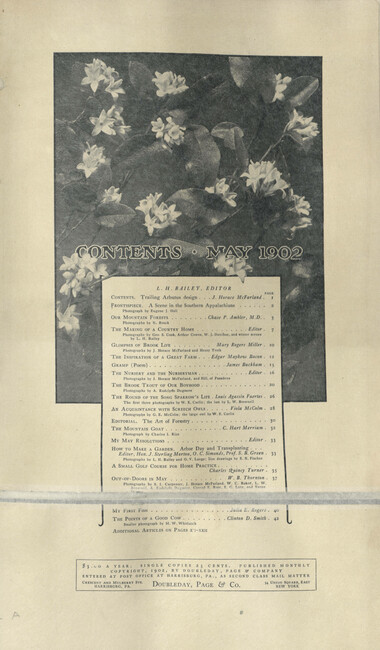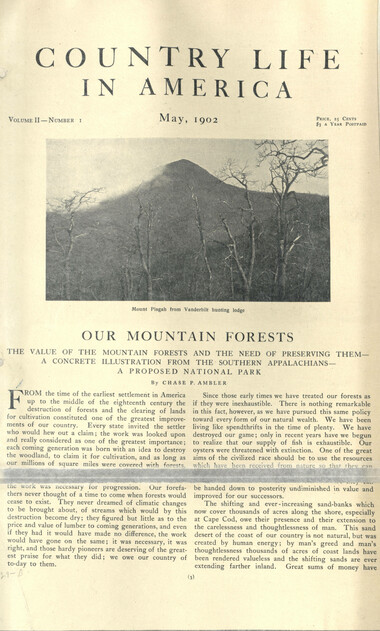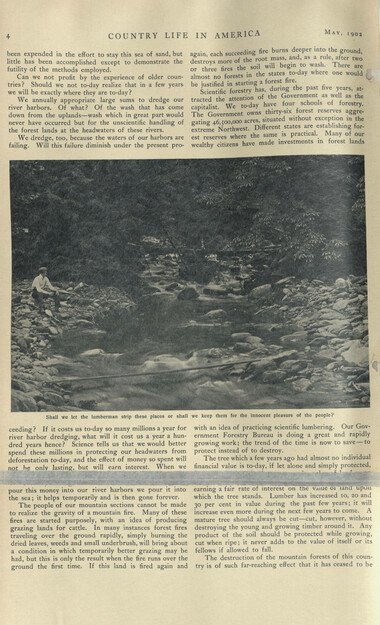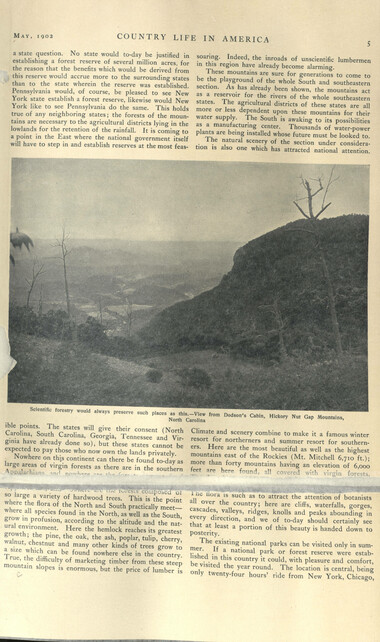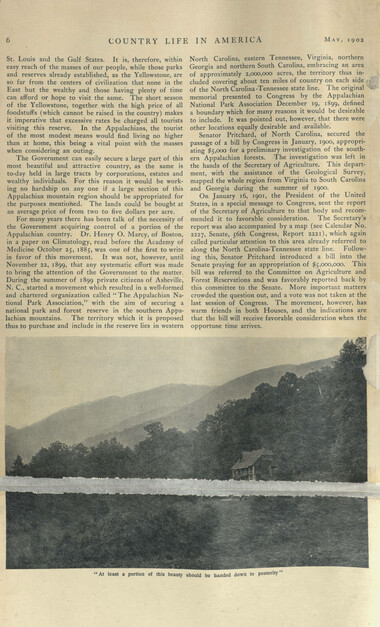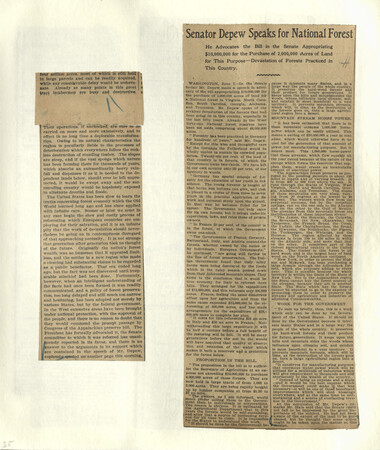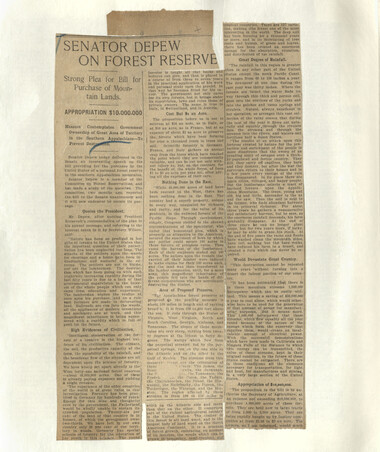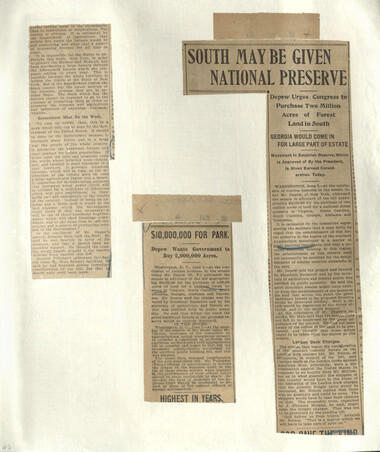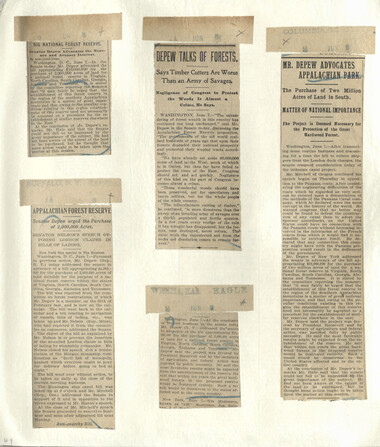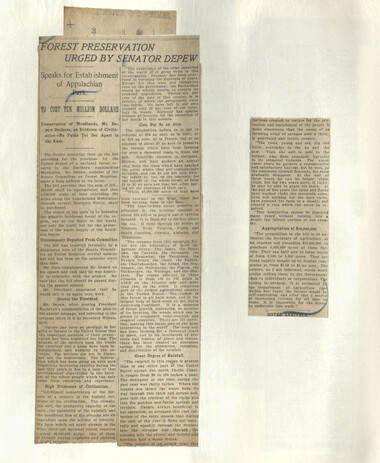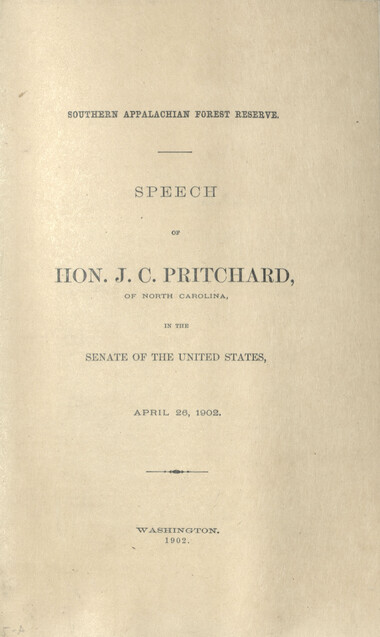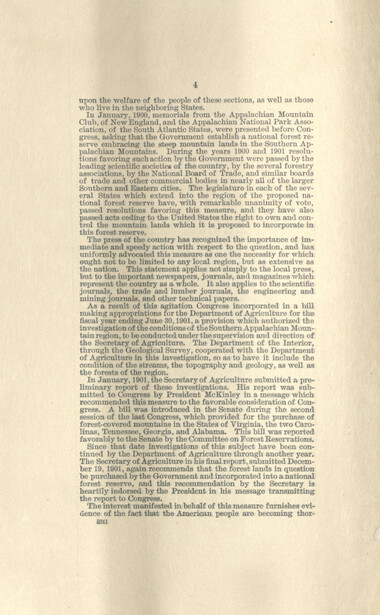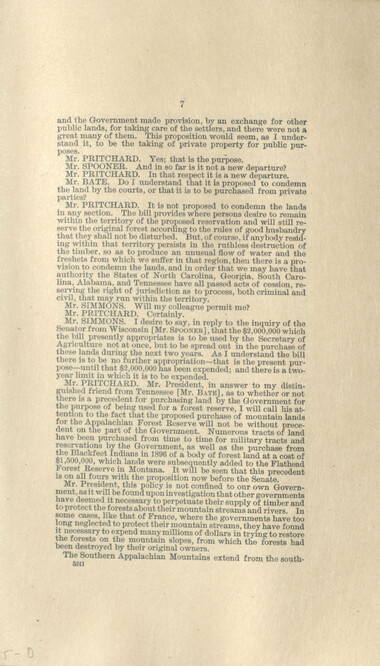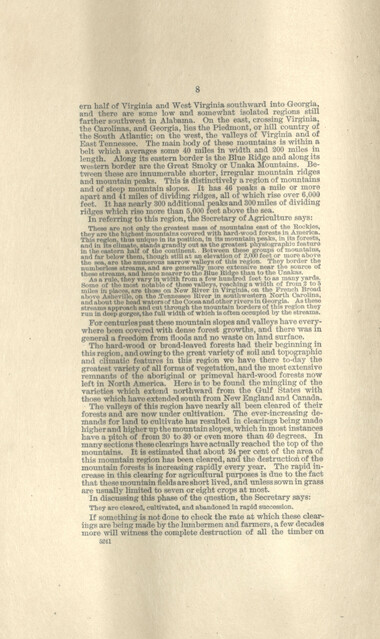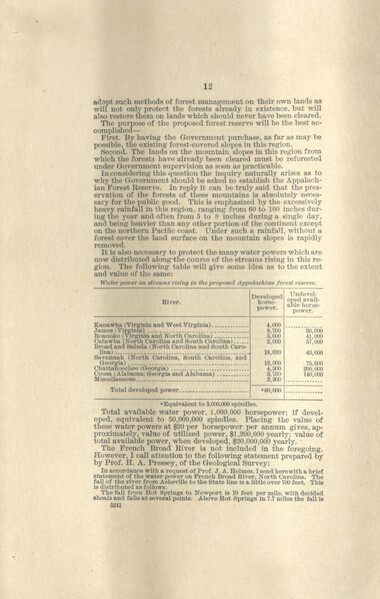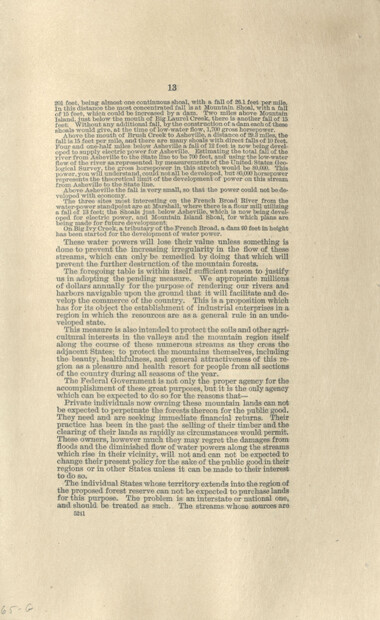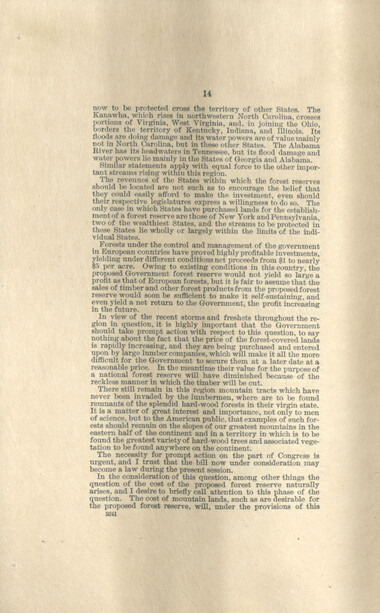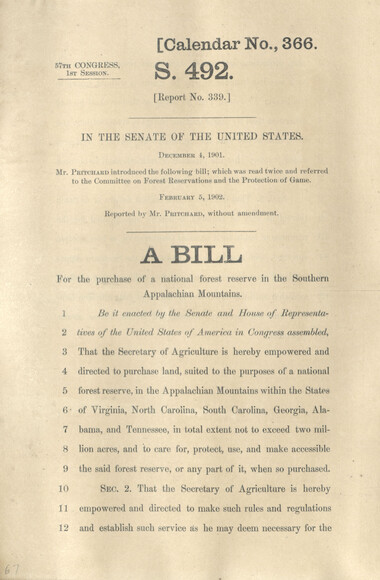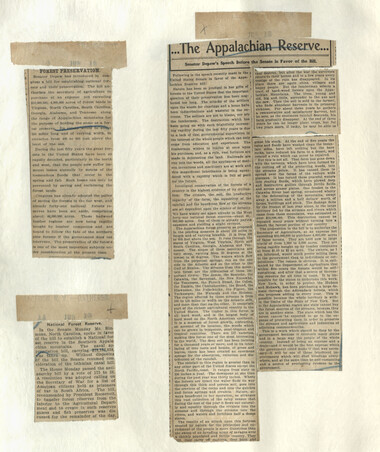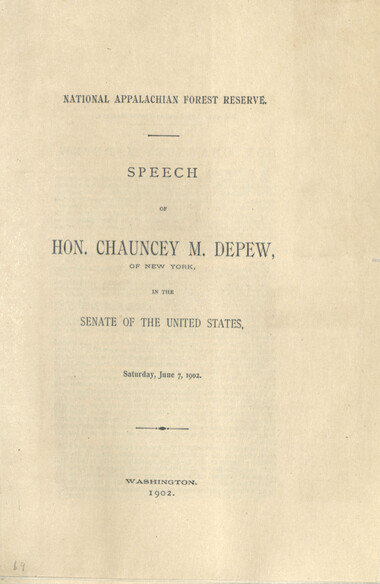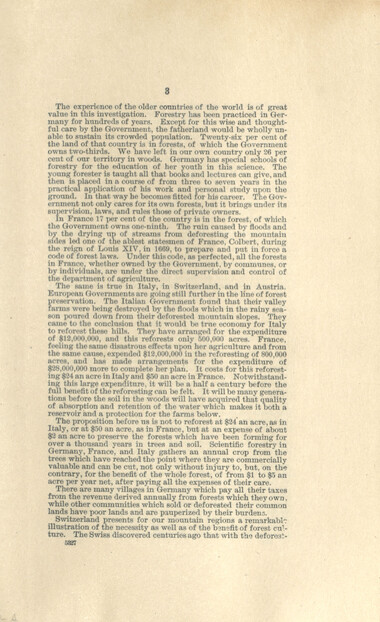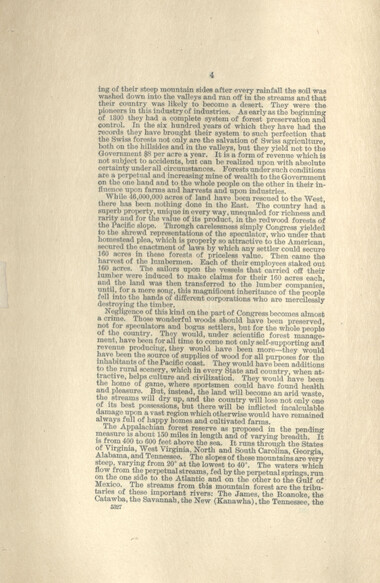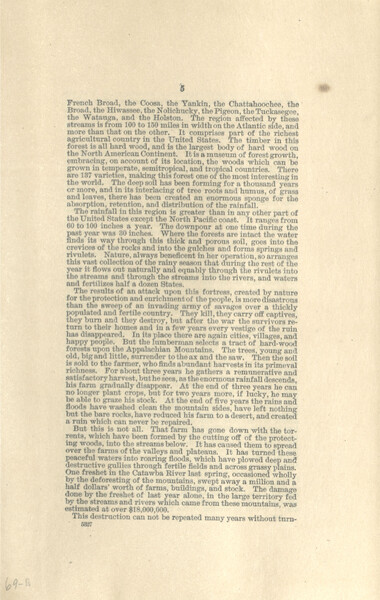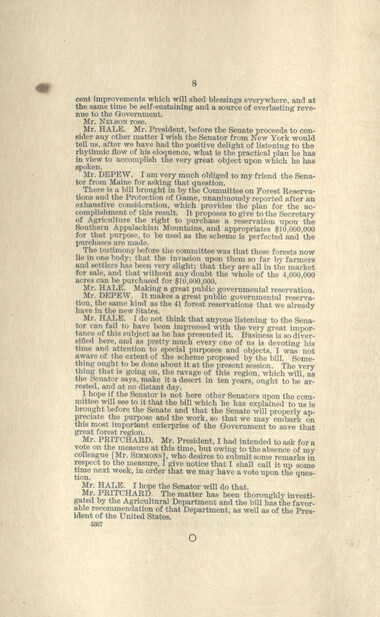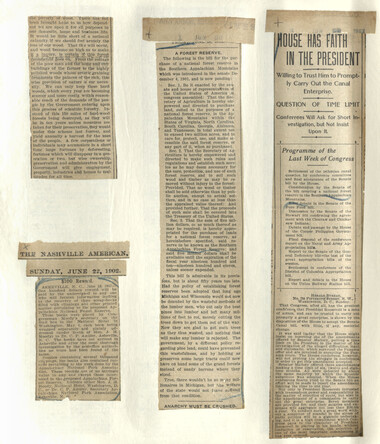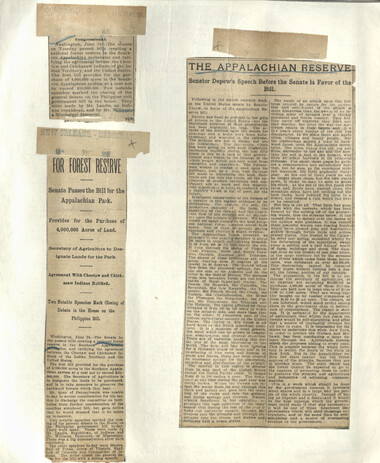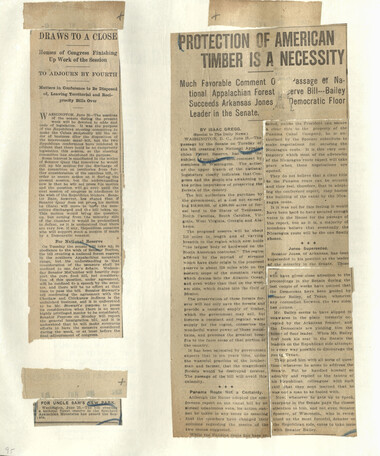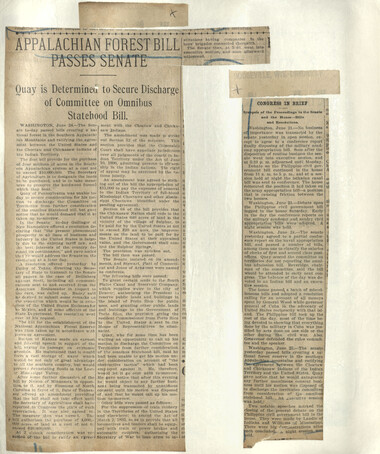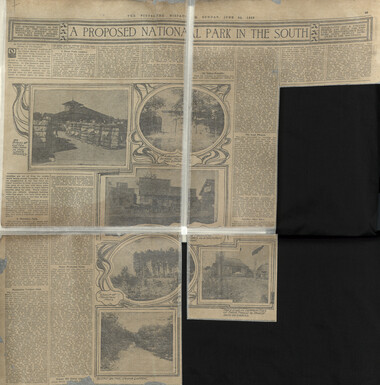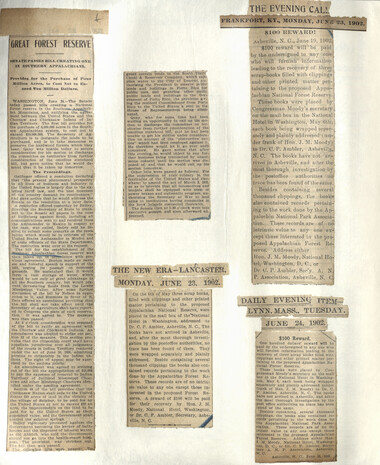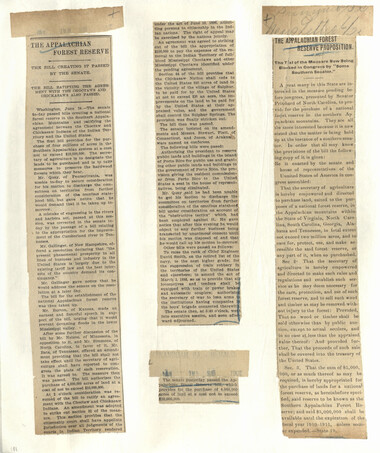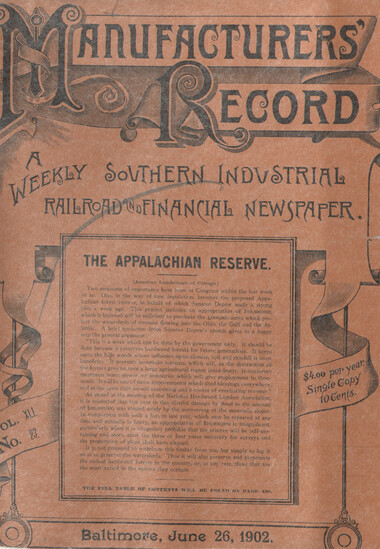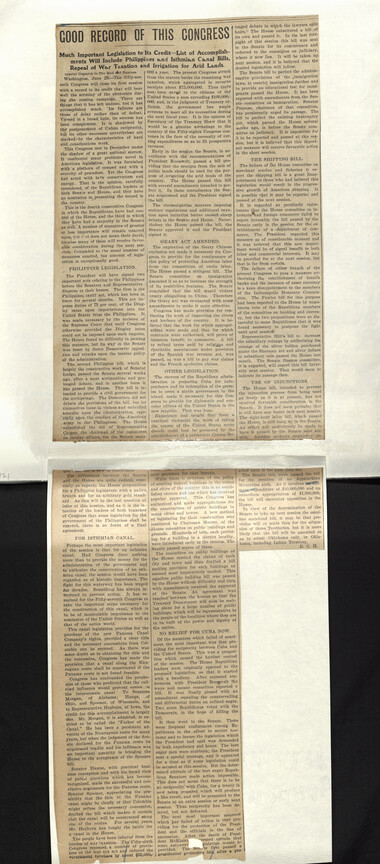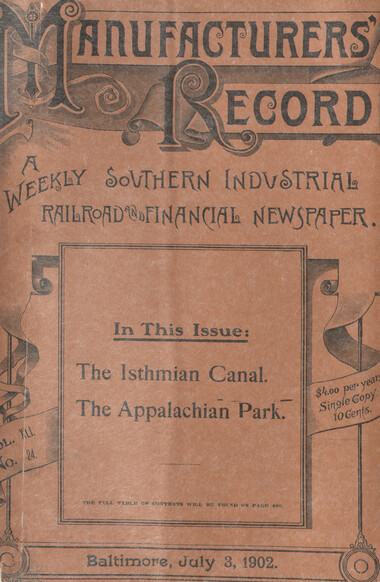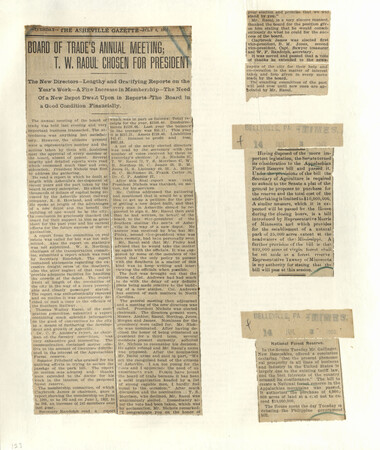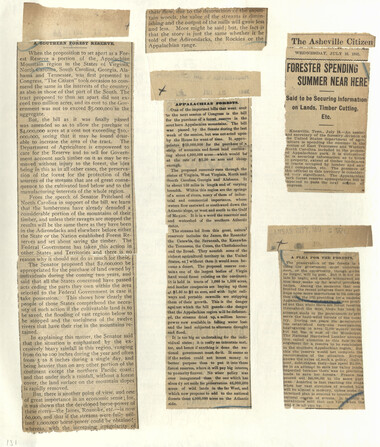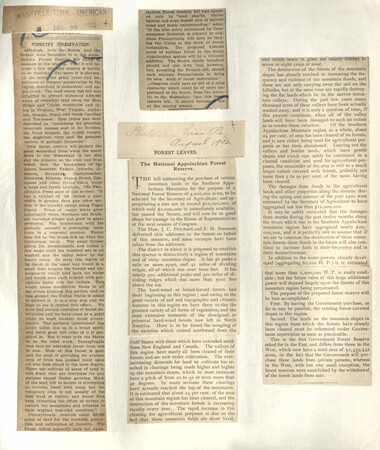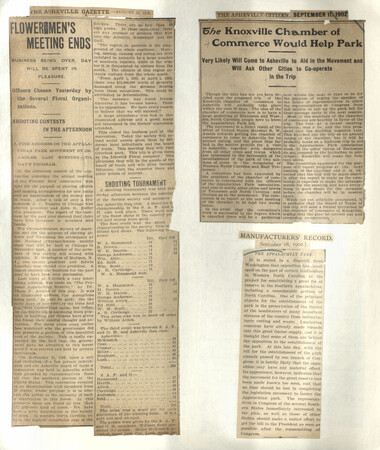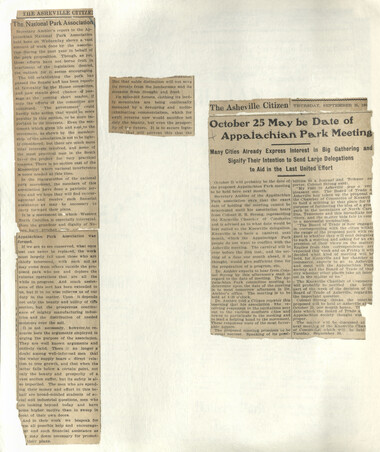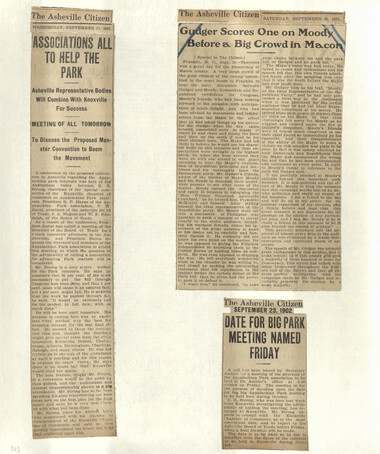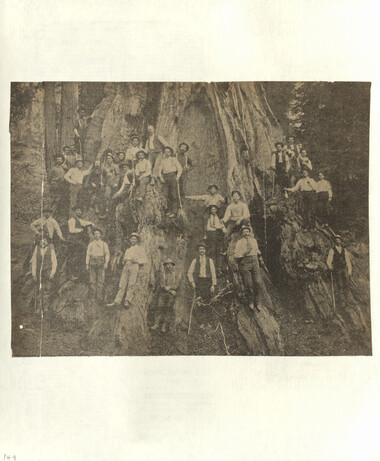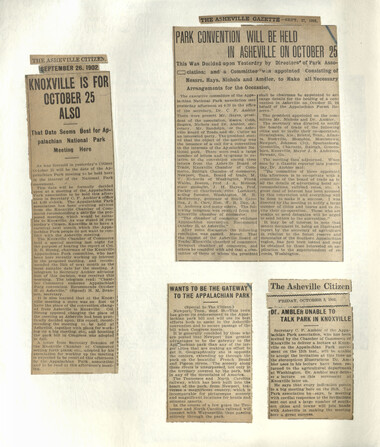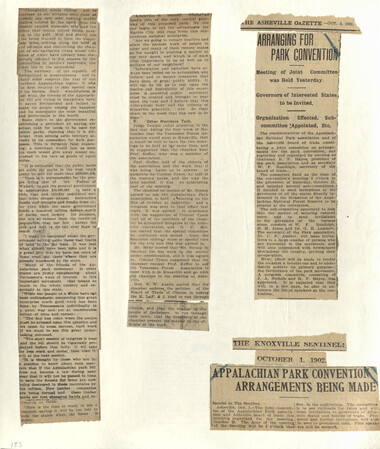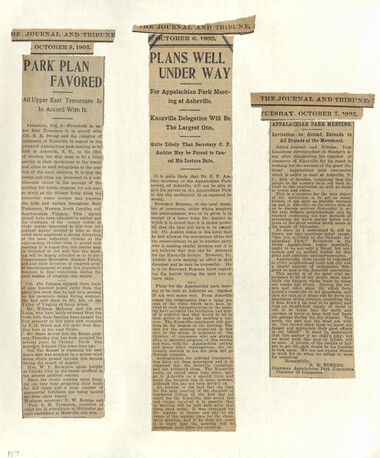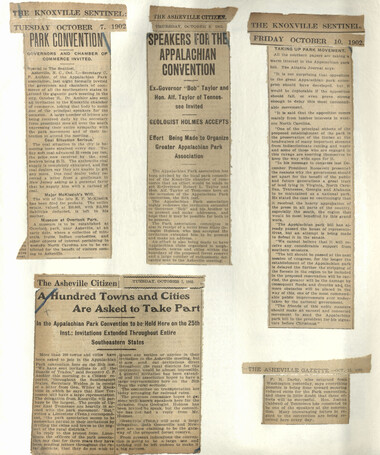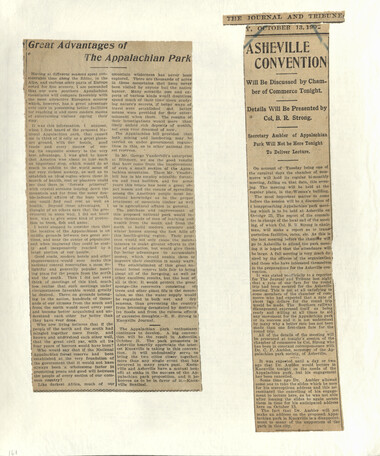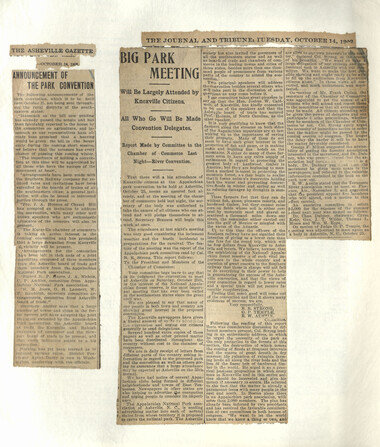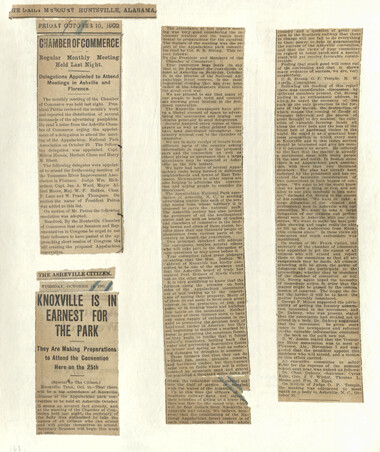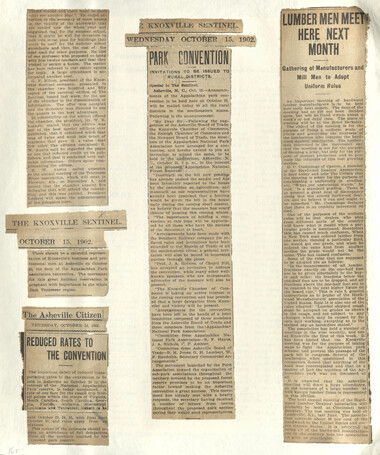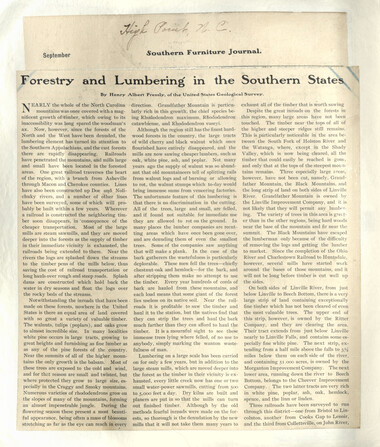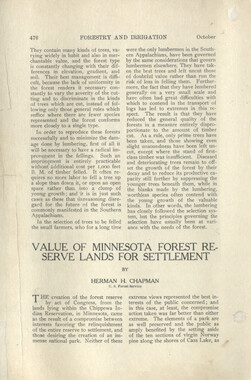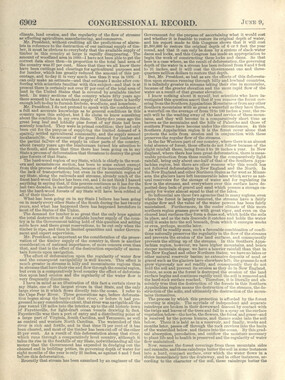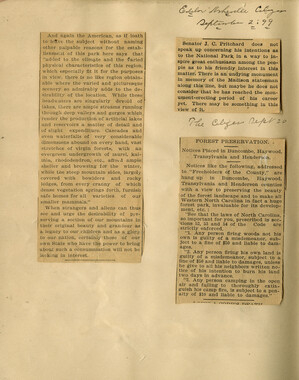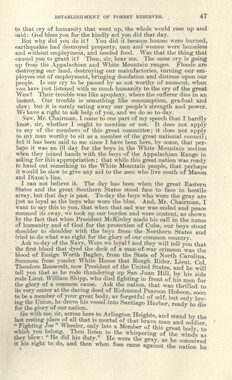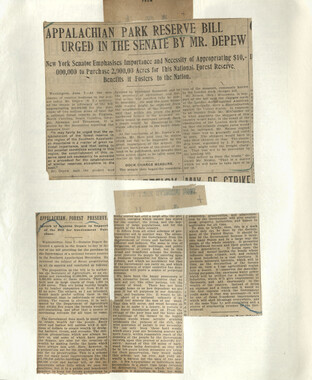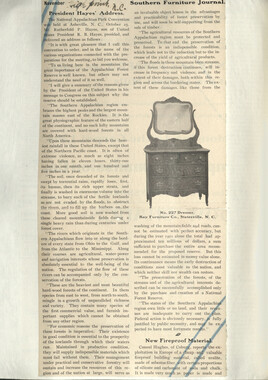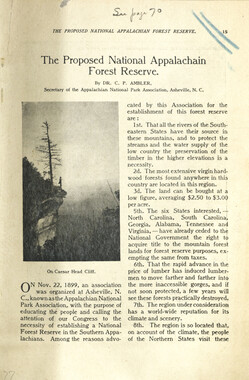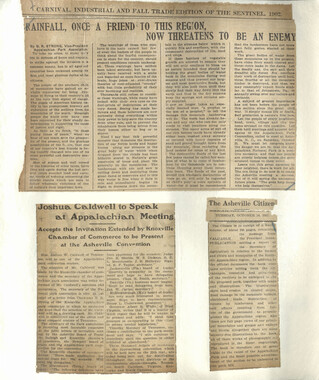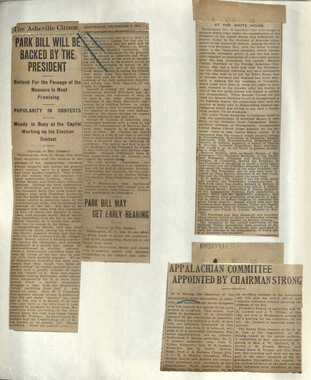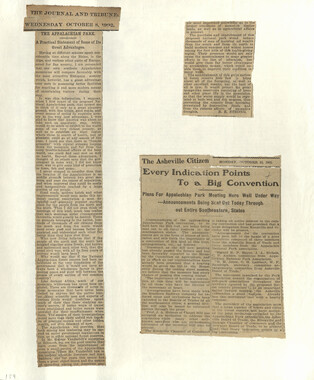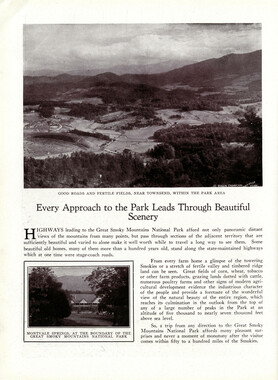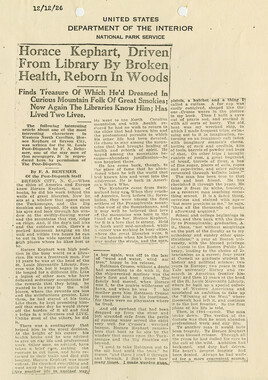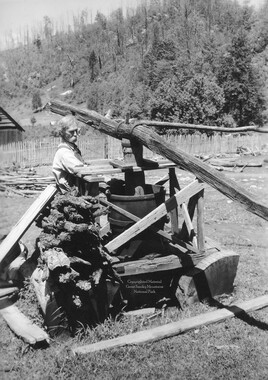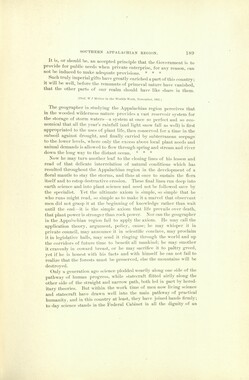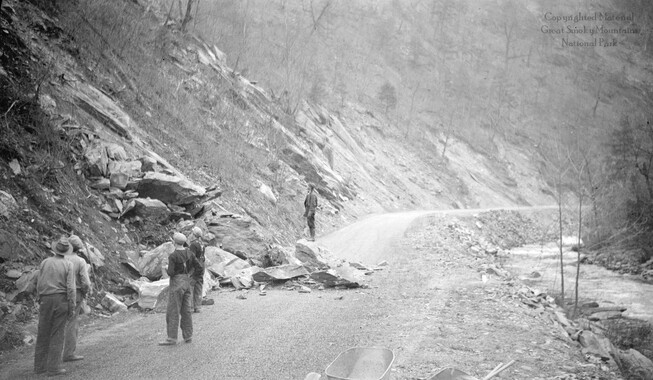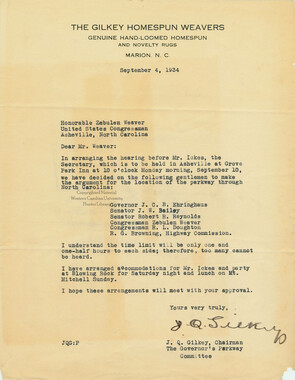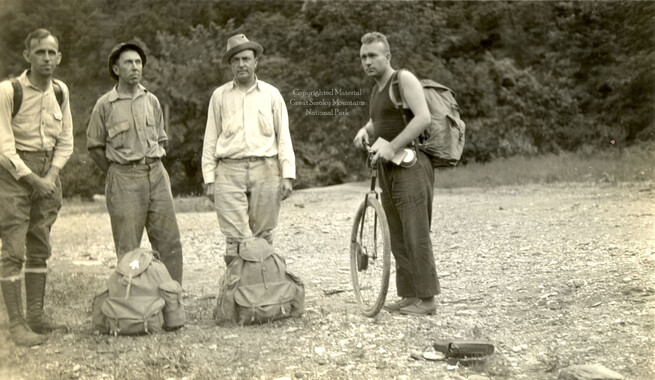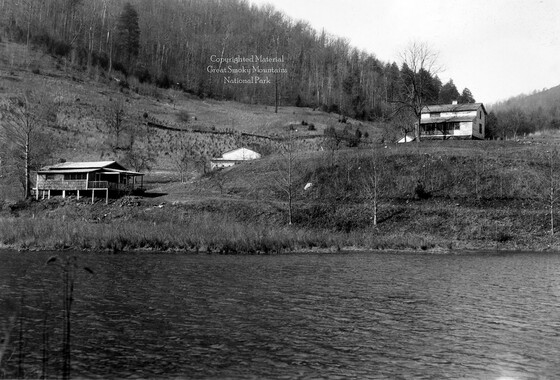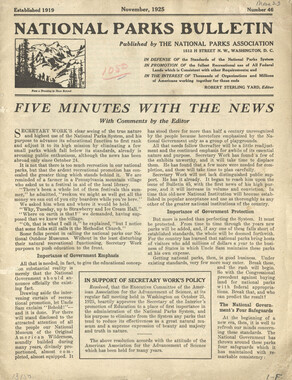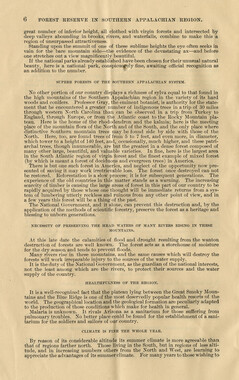Western Carolina University (20)
View all
- Canton Champion Fibre Company (2308)
- Cherokee Traditions (293)
- Civil War in Southern Appalachia (165)
- Craft Revival (1942)
- Great Smoky Mountains - A Park for America (2767)
- Highlights from Western Carolina University (430)
- Horace Kephart (941)
- Journeys Through Jackson (154)
- LGBTQIA+ Archive of Jackson County (24)
- Oral Histories of Western North Carolina (314)
- Picturing Appalachia (6772)
- Stories of Mountain Folk (413)
- Travel Western North Carolina (160)
- Western Carolina University Fine Art Museum Vitreograph Collection (129)
- Western Carolina University Herbarium (92)
- Western Carolina University: Making Memories (708)
- Western Carolina University Publications (2283)
- Western Carolina University Restricted Electronic Theses and Dissertations (146)
- Western North Carolina Regional Maps (71)
- World War II in Southern Appalachia (131)
University of North Carolina Asheville (6)
View all
- Allanstand Cottage Industries (62)
- Appalachian National Park Association (53)
- Bennett, Kelly, 1890-1974 (1388)
- Berry, Walter (76)
- Brasstown Carvers (40)
- Carver, George Washington, 1864?-1943 (26)
- Cathey, Joseph, 1803-1874 (1)
- Champion Fibre Company (233)
- Champion Paper and Fibre Company (297)
- Cherokee Indian Fair Association (16)
- Cherokee Language Program (22)
- Crowe, Amanda (40)
- Edmonston, Thomas Benton, 1842-1907 (7)
- Ensley, A. L. (Abraham Lincoln), 1865-1948 (275)
- Fromer, Irving Rhodes, 1913-1994 (70)
- George Butz (BFS 1907) (46)
- Goodrich, Frances Louisa (120)
- Grant, George Alexander, 1891-1964 (96)
- Heard, Marian Gladys (60)
- Kephart, Calvin, 1883-1969 (15)
- Kephart, Horace, 1862-1931 (313)
- Kephart, Laura, 1862-1954 (39)
- Laney, Gideon Thomas, 1889-1976 (439)
- Masa, George, 1881-1933 (61)
- McElhinney, William Julian, 1896-1953 (44)
- Niggli, Josephina, 1910-1983 (10)
- North Carolina Park Commission (105)
- Osborne, Kezia Stradley (9)
- Owens, Samuel Robert, 1918-1995 (11)
- Penland Weavers and Potters (36)
- Roberts, Vivienne (15)
- Roth, Albert, 1890-1974 (142)
- Schenck, Carl Alwin, 1868-1955 (1)
- Sherrill's Photography Studio (2565)
- Southern Highland Handicraft Guild (127)
- Southern Highlanders, Inc. (71)
- Stalcup, Jesse Bryson (46)
- Stearns, I. K. (213)
- Thompson, James Edward, 1880-1976 (226)
- United States. Indian Arts and Crafts Board (130)
- USFS (683)
- Vance, Zebulon Baird, 1830-1894 (1)
- Weaver, Zebulon, 1872-1948 (58)
- Western Carolina College (230)
- Western Carolina Teachers College (282)
- Western Carolina University (1794)
- Western Carolina University. Mountain Heritage Center (18)
- Whitman, Walt, 1819-1892 (10)
- Wilburn, Hiram Coleman, 1880-1967 (73)
- Williams, Isadora (3)
- Cain, Doreyl Ammons (0)
- Crittenden, Lorraine (0)
- Rhodes, Judy (0)
- Smith, Edward Clark (0)
- Appalachian Region, Southern (2393)
- Asheville (N.C.) (1887)
- Avery County (N.C.) (26)
- Blount County (Tenn.) (161)
- Buncombe County (N.C.) (1664)
- Cherokee County (N.C.) (283)
- Clay County (N.C.) (555)
- Graham County (N.C.) (233)
- Great Smoky Mountains National Park (N.C. and Tenn.) (478)
- Haywood County (N.C.) (3522)
- Henderson County (N.C.) (70)
- Jackson County (N.C.) (4692)
- Knox County (Tenn.) (25)
- Knoxville (Tenn.) (12)
- Lake Santeetlah (N.C.) (10)
- Macon County (N.C.) (420)
- Madison County (N.C.) (211)
- McDowell County (N.C.) (39)
- Mitchell County (N.C.) (132)
- Polk County (N.C.) (35)
- Qualla Boundary (981)
- Rutherford County (N.C.) (76)
- Swain County (N.C.) (2113)
- Transylvania County (N.C.) (247)
- Watauga County (N.C.) (12)
- Waynesville (N.C.) (68)
- Yancey County (N.C.) (72)
- Aerial Photographs (3)
- Aerial Views (60)
- Albums (books) (4)
- Articles (1)
- Artifacts (object Genre) (228)
- Biography (general Genre) (2)
- Cards (information Artifacts) (38)
- Clippings (information Artifacts) (191)
- Crafts (art Genres) (622)
- Depictions (visual Works) (21)
- Design Drawings (1)
- Drawings (visual Works) (184)
- Envelopes (73)
- Facsimiles (reproductions) (1)
- Fiction (general Genre) (4)
- Financial Records (12)
- Fliers (printed Matter) (67)
- Glass Plate Negatives (381)
- Guidebooks (2)
- Internegatives (10)
- Interviews (811)
- Land Surveys (102)
- Letters (correspondence) (1013)
- Manuscripts (documents) (619)
- Maps (documents) (159)
- Memorandums (25)
- Minutes (administrative Records) (59)
- Negatives (photographs) (5835)
- Newsletters (1285)
- Newspapers (2)
- Occupation Currency (1)
- Paintings (visual Works) (1)
- Pen And Ink Drawings (1)
- Periodicals (193)
- Personal Narratives (7)
- Photographs (12975)
- Plans (maps) (1)
- Poetry (6)
- Portraits (1663)
- Postcards (329)
- Programs (documents) (151)
- Publications (documents) (2237)
- Questionnaires (65)
- Scrapbooks (282)
- Sheet Music (1)
- Slides (photographs) (402)
- Sound Recordings (796)
- Specimens (92)
- Speeches (documents) (15)
- Tintypes (photographs) (8)
- Transcripts (322)
- Video Recordings (physical Artifacts) (23)
- Vitreographs (129)
- Text Messages (0)
- A.L. Ensley Collection (275)
- Appalachian Industrial School Records (7)
- Appalachian National Park Association Records (336)
- Axley-Meroney Collection (2)
- Bayard Wootten Photograph Collection (20)
- Bethel Rural Community Organization Collection (7)
- Blumer Collection (5)
- C.W. Slagle Collection (20)
- Canton Area Historical Museum (2110)
- Carlos C. Campbell Collection (282)
- Cataloochee History Project (65)
- Cherokee Studies Collection (4)
- Daisy Dame Photograph Album (5)
- Daniel Boone VI Collection (1)
- Doris Ulmann Photograph Collection (112)
- Elizabeth H. Lasley Collection (1)
- Elizabeth Woolworth Szold Fleharty Collection (4)
- Frank Fry Collection (95)
- George Masa Collection (173)
- Gideon Laney Collection (452)
- Hazel Scarborough Collection (2)
- Hiram C. Wilburn Papers (28)
- Historic Photographs Collection (236)
- Horace Kephart Collection (861)
- Humbard Collection (33)
- Hunter and Weaver Families Collection (1)
- I. D. Blumenthal Collection (4)
- Isadora Williams Collection (4)
- Jesse Bryson Stalcup Collection (47)
- Jim Thompson Collection (224)
- John B. Battle Collection (7)
- John C. Campbell Folk School Records (80)
- John Parris Collection (6)
- Judaculla Rock project (2)
- Kelly Bennett Collection (1407)
- Love Family Papers (11)
- Major Wiley Parris Civil War Letters (3)
- Map Collection (12)
- McFee-Misemer Civil War Letters (34)
- Mountain Heritage Center Collection (4)
- Norburn - Robertson - Thomson Families Collection (44)
- Pauline Hood Collection (7)
- Pre-Guild Collection (2)
- Qualla Arts and Crafts Mutual Collection (12)
- R.A. Romanes Collection (681)
- Rosser H. Taylor Collection (1)
- Samuel Robert Owens Collection (94)
- Sara Madison Collection (144)
- Sherrill Studio Photo Collection (2558)
- Smoky Mountains Hiking Club Collection (616)
- Stories of Mountain Folk - Radio Programs (374)
- The Reporter, Western Carolina University (510)
- Venoy and Elizabeth Reed Collection (16)
- WCU Gender and Sexuality Oral History Project (32)
- WCU Mountain Heritage Center Oral Histories (25)
- WCU Oral History Collection - Mountain People, Mountain Lives (71)
- WCU Students Newspapers Collection (1744)
- Western North Carolina Tomorrow Black Oral History Project (69)
- William Williams Stringfield Collection (2)
- Zebulon Weaver Collection (109)
- African Americans (390)
- Appalachian Trail (35)
- Artisans (521)
- Cherokee art (84)
- Cherokee artists -- North Carolina (10)
- Cherokee language (21)
- Cherokee pottery (101)
- Cherokee women (208)
- Church buildings (167)
- Civilian Conservation Corps (U.S.) (110)
- College student newspapers and periodicals (1830)
- Dams (103)
- Dance (1023)
- Education (222)
- Floods (61)
- Folk music (1015)
- Forced removal, 1813-1903 (2)
- Forest conservation (220)
- Forests and forestry (917)
- Gender nonconformity (4)
- Great Smoky Mountains National Park (N.C. and Tenn.) (154)
- Hunting (38)
- Landscape photography (10)
- Logging (103)
- Maps (84)
- Mines and mineral resources (8)
- North Carolina -- Maps (18)
- Paper industry (38)
- Postcards (255)
- Pottery (135)
- Railroad trains (71)
- Rural electrification -- North Carolina, Western (3)
- School integration -- Southern States (2)
- Segregation -- North Carolina, Western (5)
- Slavery (5)
- Sports (452)
- Storytelling (245)
- Waterfalls -- Great Smoky Mountains (N.C. and Tenn.) (66)
- Weaving -- Appalachian Region, Southern (280)
- Wood-carving -- Appalachian Region, Southern (328)
- World War, 1939-1945 (173)
Appalachian National Park Association Newspaper Clippings, 1899-1902
Item
Item’s are ‘child’ level descriptions to ‘parent’ objects, (e.g. one page of a whole book).
-
-
PRITCHARD ADVOCATES FOREST RESERVE PLAN I Says President McKinley and Hundreds of Others Approved the Idea. In the Senate yesterday, at the conclusion of the routine business, Mr. Pritehard of North Carolina took the floor in advocacy of the bill providing tor the purchase of a national forest reserve in the Southern Appalachian Mountains. Mr. PriMmara'""B»kI hundreds of boards of trade, leading newspapers, and all the scientific journals favored the project, and that the late President f]^jftmka*iim,%i\,J\J\ii of its chief advocates. jT^ 1 hvc Tiir> ocDtnoc PTftue ilii AfFALACHIW»»!fBM4BVE PLAN In both branchwof Congas ^bills are pending for the purchase of aVreat tract of about four million acres of woodland in the Appalachian Mountain region as a national forest reserve. Projects of this sort are often justly subject to suspicion, as masks for the schemes of jobbers, but in this instance the policy proposed seems to have sound reasons behind it. The mountain ranges which would be placed under governmental jurisdiction if the legislation In question is enacted, extend in Virginia, West Virginia, both the Carollnas. Alabama, Tennessee and Georgia. They compose the water sheds from which many of tho principal rivers in this extensive area flow, and they are steadily being denuded of their forest growth at a rate which promises to make .them comparatively bare In the near ..future. The result af this process is already beginning to appear in the Increased destruc- tiveness of the spring and winter floods which sweep down through the valleys. As the woods are taken off these tend to become more dangerous, since the soil of'. 11 he hills no longer holds the water like a sponge, but allows it to rush rapidly off when the forests are removed. The amount of property destroyed from this cause in the past few months Is very great. It will probably be greater here- if no steps are taken to stop the inroads of lumbermen. Apart from this consideration, the question of preserving such a valuable tract of forest as a source of national wealth demands attention. For generations American woodlands have been stripped with a recklessness which has seriously *ta_ fined the timber supply, and must ultl mately bring about its destruction it it continues. It is wiser to prevent this damage than to wait till it has been accotn plished and then endeav^"-■•■■srfaJiadF it™ NEWS AND OBSEHVEK, SUNDAY MORNING. APHIL 27. 1902. STRONG SPEECH FOR PMKBILL Senator Simmons' Speaks On Philippine Government Bill Monday. (Special to the News and Observer.) Washington, D. C, April 26.—Senator Pritehard delivered today a carefully prepared speech in favor of the Appalachian Park bill. He showed that there was abundant precedent for te appropriation of this money, ami that the pro- | posed park would be of incalculable value in preventing Hoods in the streams. ! It was a strong argument In favor of the i bill. Senator Simmons gave notice today that be would speak on the Philippine bill at twi o'clock Mtnday. Senatirs Simmons and Pritehard, after a consultation with Representative W. \v. Kltchin, will make a, strong fight to have the Omnibus Public Building bill I amended in Hie Semite so that the building at Greensboro will be enlarged. Representatives Thomas ami Bellamy 1 delivered ulogls today on the late Representative Stokes, of South Carolina. Their eulogies were well conceived ami appropriately delivered. The Asheville Citizen MONDAY, APRIL 28, 1902. MR. MOODY FEELS SURE OF THE PARK BILL Congressman J. M. Moody was here yesterday on 'his way to Waynesville to spend W» 12 days leave of absence. Mr. Moody spoke favorably of the •assag-e of the bill for the appropria- ation for the Appalachian, park, saying that the passage was almost certain, He ieft for Waynesville this morning. onthern Forest Reserve. umerous disastrous floods in the outh Atlantic and Gulf States have recently directed public attentiou in that quarter to the necessity for some sort of protection of the forests of the lower Appalachian range. From this vast mountain area proceed the waters that render fertile the garden spots of the South and make American civilization possible in that quarter. Here may be found the oldest, largest aud most varied primeval hard-wood forests on the American continent, upon the continuance and preservation of which depends the well- being of millions of prosperous people in the great valleys of Tennessee, Virginia, Georgia and the Carollnas. Under the provisions of a bill now pending in Congress the Secretary of Agriculture is authorized to purchase or otherwise acquire hind in this Appalachian section, to an extent of not more thau 4,000,1)00 acres, for the purpose of establishing a national forest reserve. Iu no other fray, say the advocates cf this measure, can ruinous losses and final calamity from forest denudation be prevented. With the awakening and development of commercial activity in the new South the treasures of the forests have been levied on at a rate unprecedented and alarming. The wooded ' mountain slopes of the^^pfrdBtckian range are being rapidly,denuded. After the woodman comes the farmer, seeking to wrest a subsistence from the cleared hillsides. But Nature, balked of her rights, will not be denied her revenge. Deprived of its forest cover, the land is wasted and impoverished by the enormous rainfall, ranging from sixty to one hundred inches annually, and sterility reigns where once tall trees waved their verdant banners in the air. It is far cheaper and better to preserve existing forests, according to the American policy, than to engage in costly projects of reforestation, as in the older European countries. The planting of new forests in Italy and France costs from $25 to $50 per acre; nor can such second growth ever attain the perfection arrived at under original forest conditions. Enlightened self-interest dictates the preservation at any cost of primeval forests that protect the country from excessive floods, and nowhere is this consideration more urgent than in the vast fertile area watered by streams rising in the Appalachian region. In the Western States and Territories there have been already set apart forty-one forest reserves, with an aggregate area exceeding 46,000,000 acres. Some of these are already self-supporting, while all have contributed largely to the fertility, beauty and permanent prosperity of adjacent lands. The proposition for an Appalachian Forest Reserve is somewhat belated, in view of existing physical conditions iu that quarter; but it is none the less rational and beneficent in intent and application.
Object
Object’s are ‘parent’ level descriptions to ‘children’ items, (e.g. a book with pages).
-
This is one of two notebooks assembled by the Appalachian National Park Association that includes documents and news clipping about the organization. The Appalachian National Park Association was formed in 1899 for the purpose of promoting the idea of a national park in the eastern U.S. Although housed in Asheville, North Carolina, the organization was a multi-state effort, attracting representatives from seven southern states. One of the highlights of the group’s activities was a convention held in 1902 to which 1,500 people attended. The association lobbied Congress for the creation of a park, but with limited success. The association disbanded in 1905.
-



